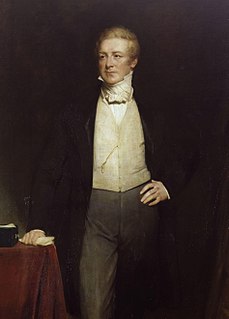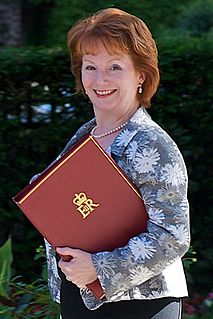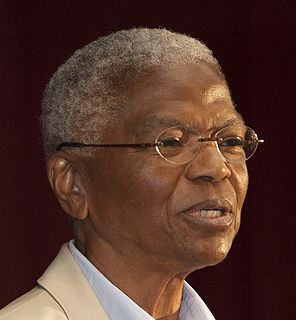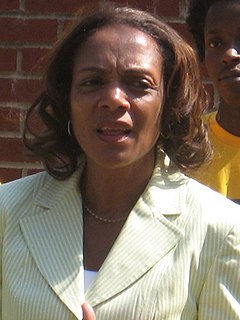A Quote by Robert Peel
The police are the public and the public are the police; the police being only members of the public who are paid to give full time attention to duties which are incumbent on every citizen in the interests of community welfare and existence.
Related Quotes
Freedoms and apprenticeships are likewise expedients of police,not of that wholesome branch of police, whose object is the maintenance of the public and private security, and which is neither costly nor vexatious; but of that sort of police which bad governments employ to preserve or extend their personal authority at any expense.
For the superior morality, of which we hear so much, we too would desire to be thankful: at the same time, it were but blindness to deny that this superior morality is properly rather an inferior criminality, produced not by greater love of Virtue, but by greater perfection of Police; and of that far subtler and stronger Police, called Public Opinion.
Many White people are not sensitive to the kind of abuse that African Americans, especially younger African Americans, receive at the hands of police officers and police departments. I think for most Whites their experience with the police has been good or neutral because they don't interact with the police as much as those in the Black community.
We have been at the matter of police pay for some time. Indeed, the Minister of Safety and Security and the National Commissioner of Police have raised this matter. Treasury has been looking at it and the Public Service and Administration Minister has been looking at it. It is a matter with which we are engaged, the salaries issue, as well as the resource question with regard to vehicles and, and all other matters, including the skills issues.
Having wallowed in a delightful orgy of anti-French sentiment, having deplored and applauded the villains themselves, having relished the foibles of bankers, railwaymen, diplomats, and police, the public was now ready to see its faith restored in the basic soundness of banks, railroads, government, and police.









































